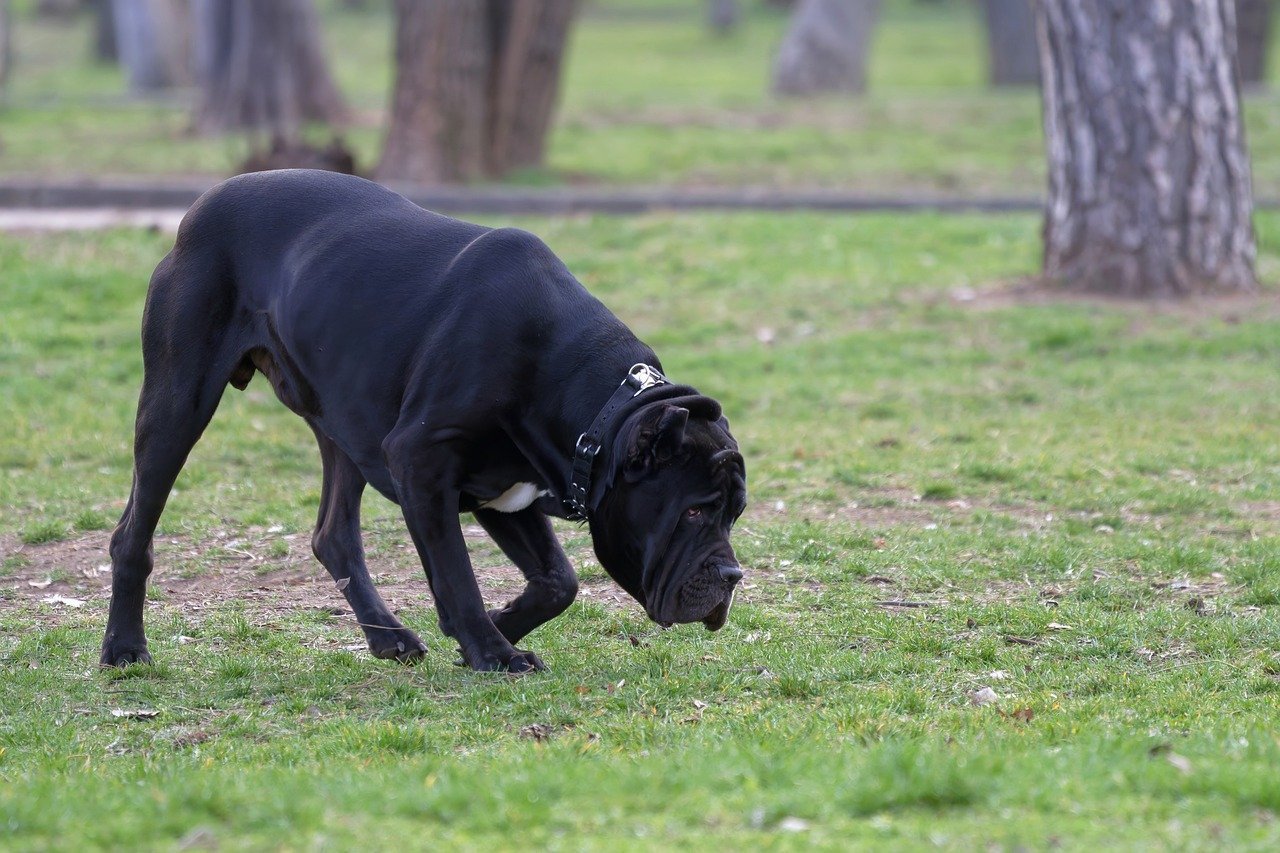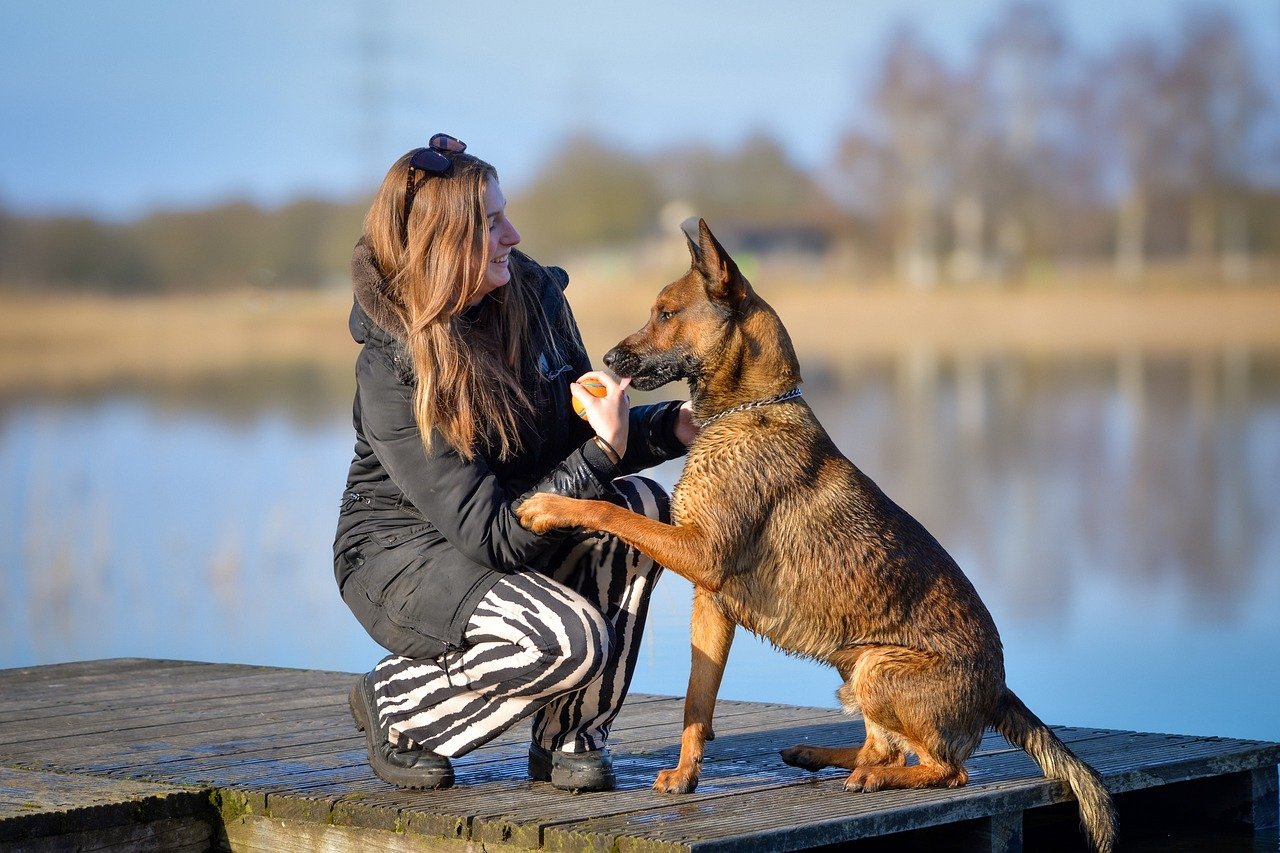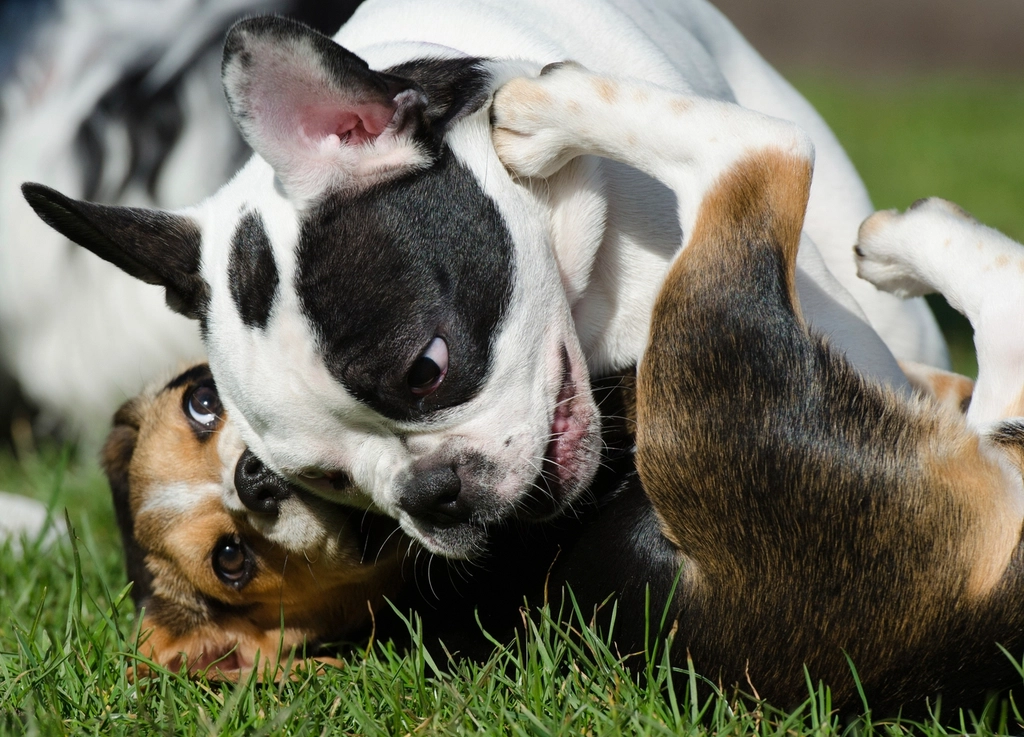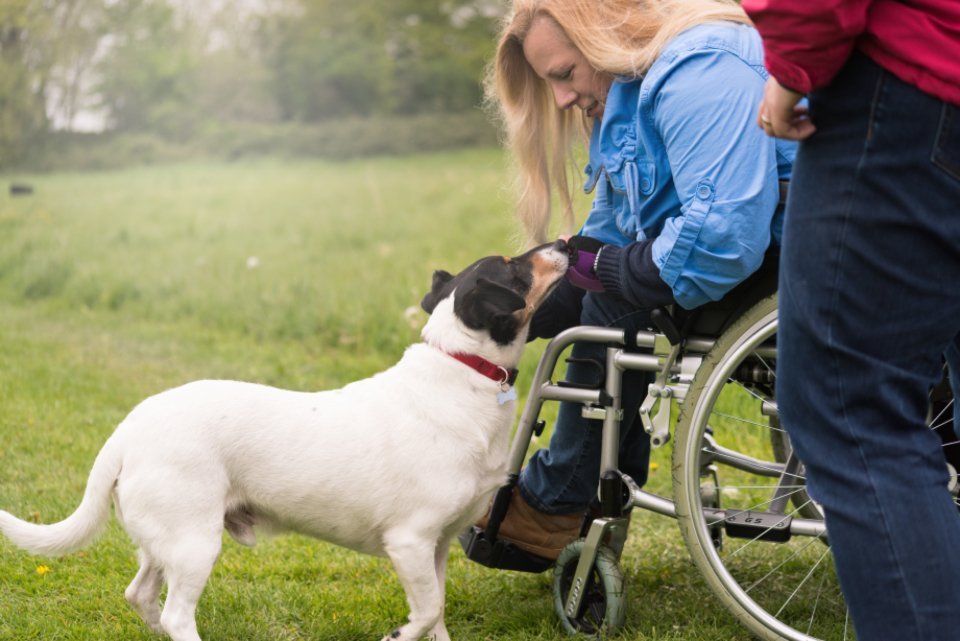Have you ever felt like your dog knows you better than anyone else? It’s not just your imagination. Dogs have an uncanny ability to sense our emotions, often before we even realize how we’re feeling. This astonishing trait has fascinated scientists and pet owners alike. But how do they do it? Is it through their keen sense of smell, their ability to read our body language, or is there something deeper at play? Let’s explore the fascinating ways dogs perceive human emotions, especially sadness, and understand why they are indeed our best friends.
The Incredible Canine Sense of Smell

Dogs have a sense of smell that’s thousands of times more sensitive than ours. This olfactory prowess enables them to detect subtle changes in our body chemistry. When we’re sad, our bodies release different hormones and chemicals, such as cortisol. Dogs can smell these hormonal changes, allowing them to sense our emotional state. Imagine your dog as a living, breathing emotion detector that picks up on your mood without you saying a word. It’s not just an intuition; it’s a scientifically-backed ability that shows just how attuned they are to us.
Reading Human Body Language
Beyond their powerful noses, dogs are experts at reading human body language. They watch our every move, from the way we walk to the expressions on our faces. When you’re sad, you might slump your shoulders, avoid eye contact, or move slower than usual. Dogs notice these subtle changes and respond accordingly. They may come closer, nuzzle you, or even rest their head on your lap, providing comfort and support. Their ability to read our non-verbal cues is a testament to their deep connection with humans.
The Role of Empathy in Dogs

Empathy isn’t just a human trait. Dogs have shown remarkable empathy towards their owners and even strangers. This empathy allows them to connect with us on an emotional level. When you’re feeling down, your dog seems to understand and wants to be there for you. They might not understand the complexities of human emotions, but they recognize distress and offer their presence as a form of solace. It’s as if they instinctively know that sometimes, all we need is a furry friend by our side.
The Science of Canine-Human Bonding
The bond between dogs and humans is unique and special. Studies have shown that interacting with dogs can increase levels of oxytocin, the “love hormone,” in both humans and dogs. This hormonal response strengthens the bond between you and your furry friend, making them more attuned to your emotional state. It’s a beautiful cycle of love and understanding that transcends words. Your dog isn’t just a pet; they’re a part of your emotional support system.
Training and Socialization Impact

Training and socialization play a significant role in a dog’s ability to sense emotions. Dogs that have been well-socialized and trained are more likely to pick up on emotional cues. They learn to associate certain human behaviors with specific emotions and respond accordingly. For example, a dog that’s been trained to provide comfort can differentiate between a playful tone and a sad one. This ability enhances their role as emotional support animals, providing comfort when it’s needed the most.
Dogs and Their Unique Personalities

Just like humans, dogs have individual personalities. Some are naturally more sensitive and intuitive, making them better at detecting emotions. Breeds like Golden Retrievers and Labrador Retrievers are known for their gentle and empathetic nature. However, any dog, regardless of breed, can develop a strong emotional connection with their owner. It’s this individuality that makes each dog-owner relationship special and unique. Your dog may have their own way of showing they care, and it’s important to recognize and appreciate their efforts.
The Therapeutic Benefits of Canine Companionship
The presence of a dog can have therapeutic effects on humans. Studies have shown that petting a dog can lower blood pressure, reduce stress, and improve overall mood. When you’re feeling sad, your dog offers more than just companionship; they provide a form of therapy. Their unconditional love and non-judgmental presence create a safe space for you to express your feelings. It’s no wonder that dogs are often used in therapy settings to help individuals cope with emotional challenges.
Understanding Your Dog’s Signals
While dogs are experts at reading our emotions, it’s equally important for us to understand their signals. Dogs communicate through body language, vocalizations, and behavior. When they sense you’re sad, they might whine, paw at you, or bring you their favorite toy. These actions are their way of saying, “I’m here for you.” By paying attention to their signals, you can strengthen your bond and ensure that your dog feels appreciated for their efforts.
Creating a Supportive Environment for Your Dog

To help your dog continue to support you emotionally, it’s crucial to create a nurturing environment for them. Ensure they have a comfortable space, regular exercise, and plenty of positive interactions. A happy and well-cared-for dog is more likely to be attuned to your needs. Remember, the relationship between you and your dog is a two-way street. By providing them with love and care, you enable them to be the emotional support you need.
Conclusion: Dogs – Our Emotional Barometers
In conclusion, dogs are more than just pets; they are emotional barometers that can detect our sadness before we do. Their keen sense of smell, ability to read body language, and empathetic nature make them exceptional companions. They offer comfort and support in ways that words often cannot. So, the next time you’re feeling down, remember that your dog is there, wagging their tail, ready to lift your spirits. What would we do without our loyal, four-legged friends?

Born and bred in South Africa, a Capetonian at heart. Amy-Leigh’s love for nature and animals was inherited from her Dad. He loves taking the family on road trips to experience nature at its finest; Amy-Leigh’s favourite being whale watching in Hermanus and spotting Kudu along the West Coast. Amy-Leigh holds a BA in English Literature and Communication Studies.





